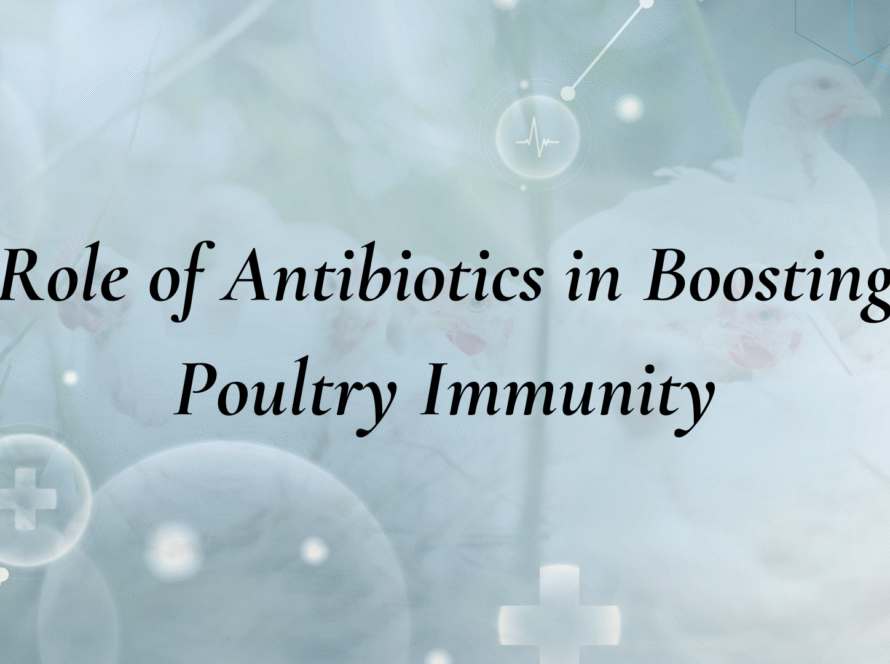
Healthy poultry depends on a balanced diet rich in essential vitamins, minerals, and protein. Ignoring nutritional needs can lead to serious issues affecting growth, egg production, and immunity. Identifying a poultry nutrition deficiency early can help farmers take corrective measures and maintain a productive flock.
1. Poor Feather Quality
One of the most visible signs of malnutrition in poultry is dull, brittle, or missing feathers. Feathers require proteins and specific vitamins like A, D, and E to grow properly. Birds with poor feather quality often indicate a poultry nutrition deficiency, which can compromise their ability to regulate body temperature and resist stress.
2. Reduced Egg Production
Egg-laying hens that suddenly produce fewer or smaller eggs may be suffering from a lack of essential nutrients such as calcium and phosphorus. Proper nutrition is critical for shell formation and overall reproductive health. Farmers should monitor egg output regularly to detect early signs of dietary insufficiency.
3. Stunted Growth
Young chicks require a nutrient-dense diet to grow at a healthy rate. If you notice slow growth or smaller-than-average size, it may be a direct result of protein or vitamin deficiencies. Addressing this early by providing high-quality feed ensures your flock reaches its growth potential and maintains optimal health.
4. Weak Immune System
Birds with poor immunity are more susceptible to diseases, infections, and stress. Nutrients like vitamins A, C, and E, along with minerals like zinc and selenium, are essential to maintain a strong immune response. A weakened immune system is a clear warning sign of poultry nutrition deficiency.
5. Abnormal Behavior
Changes in behavior, such as lethargy, reduced feed intake, or excessive pecking, often indicate an underlying nutritional problem. Behavioral cues can help farmers detect deficiencies before they escalate into serious health issues. Observing your flock closely ensures timely intervention.
Preventing Poultry Nutrition Deficiency
- Balanced Feed: Provide a diet that meets age and production stage requirements.
- Supplements: Use vitamins and minerals as recommended by a veterinarian.
- Clean Water: Always supply fresh water, as dehydration worsens nutrient absorption.
- Regular Health Checks: Monitor for signs of illness or malnutrition and act promptly.
Conclusion
Recognizing the signs of malnutrition is vital to keeping your flock healthy and productive. Poor feather quality, reduced egg production, stunted growth, weak immunity, and abnormal behavior all point to a poultry nutrition deficiency. Timely corrective measures, along with a balanced diet, ensure stronger, healthier birds and optimal farm performance.


